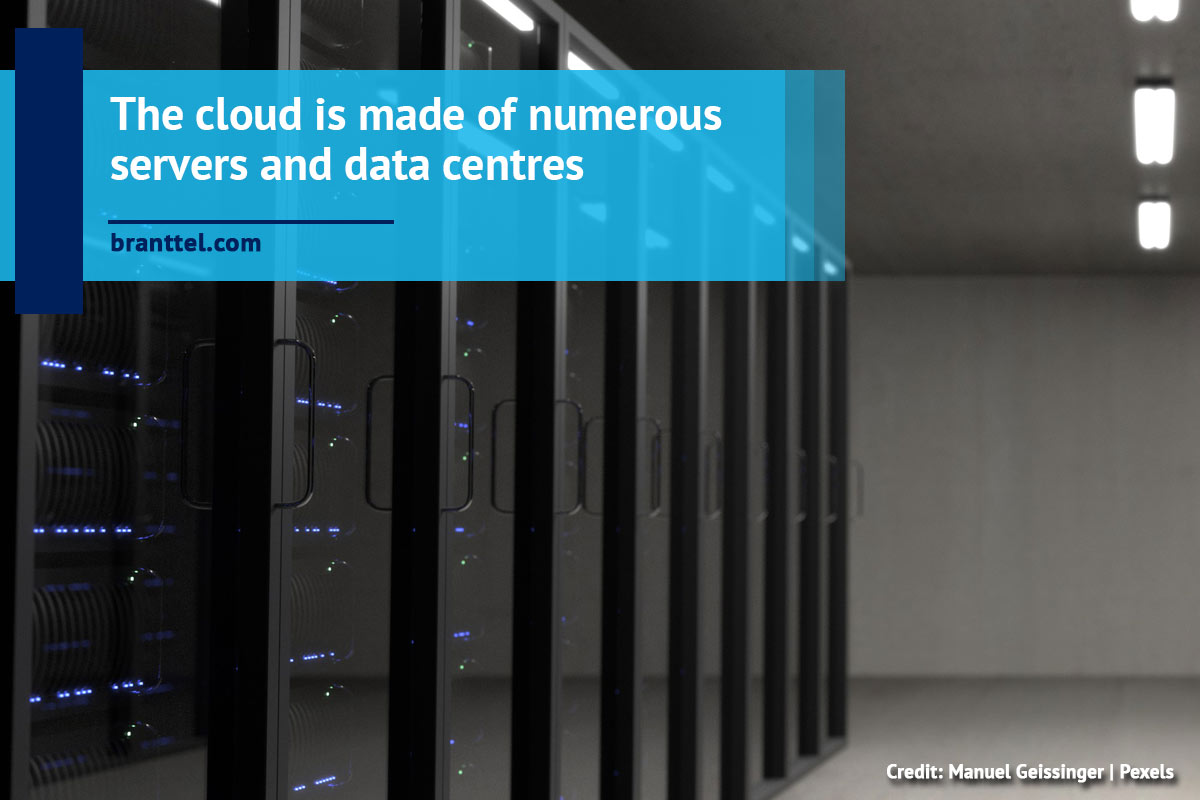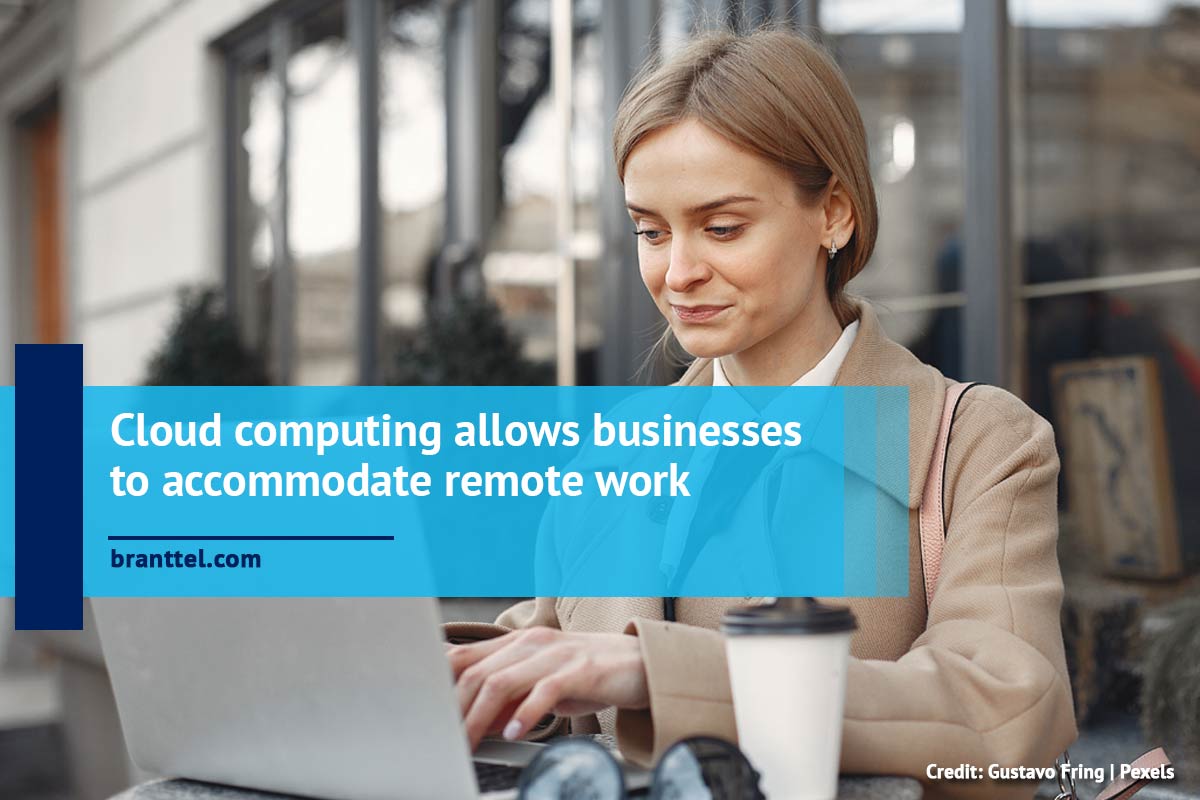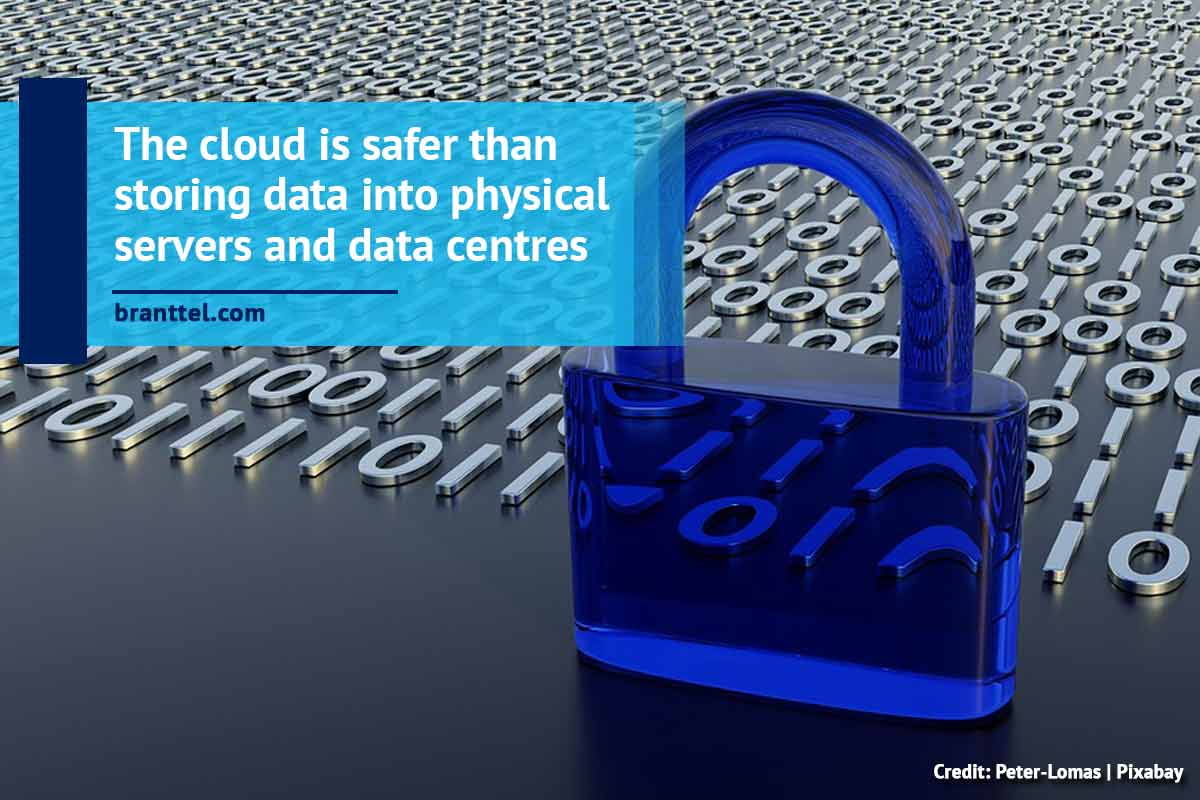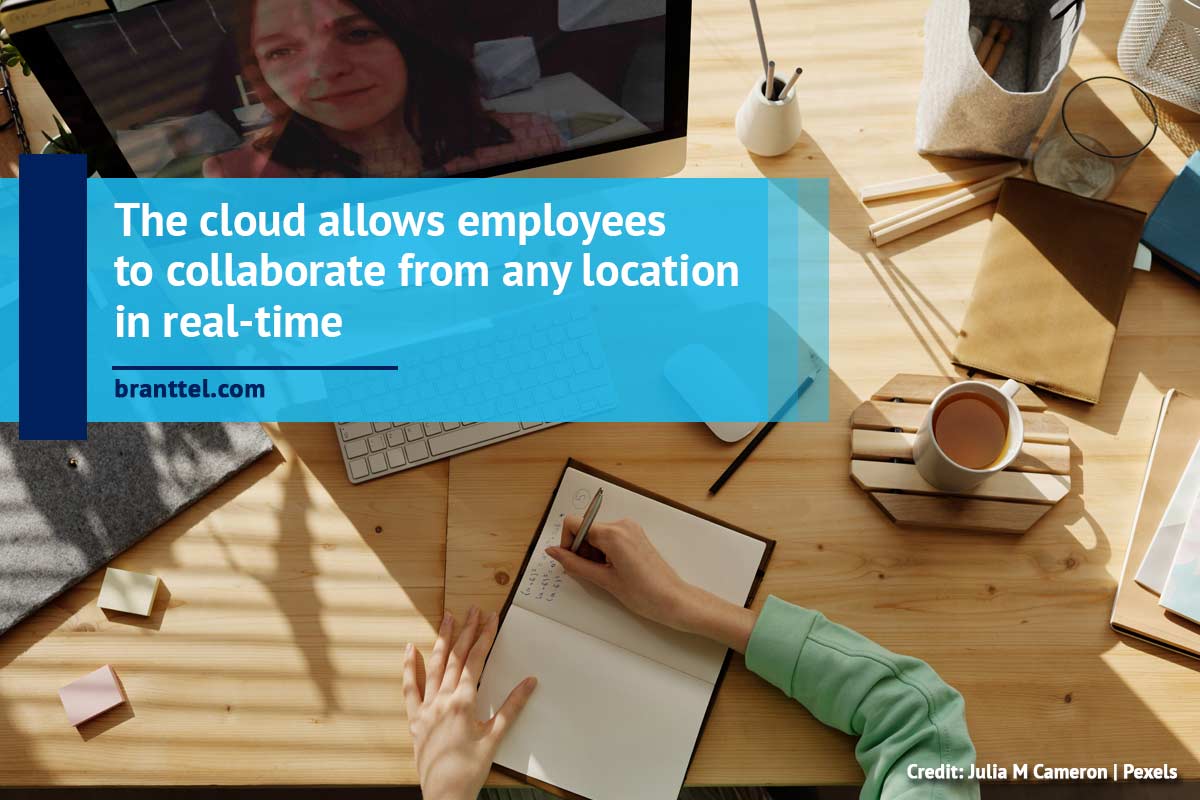As COVID-19 continues to spread, businesses are forced to rethink the way they have to conduct their activities. Many have turned towards remote working. Almost overnight, vast amounts of information have been transferred to the cloud. Zoom, a cloud meeting app, surpassed 300 million meeting participants by April. The cloud has proven to be a reliable tool for companies to overcome the pressure of the pandemic while maintaining the normalcy of operations.
Some businesses may, however, still have some apprehensions regarding adopting this technology. Nevertheless, it’s worth looking into. From what many have learned during the pandemic, the cloud is an invaluable asset to the business infrastructure.
What Is Cloud Computing?

In recent years, cloud computing has become a common term. Although there is still some confusion over the use of the word, there is one thing people can agree on — the cloud is the future of computing architecture.
Cloud computing is generally considered as on-time delivery of computing services, such as applications and storage, by way of the Internet. The cloud is made of numerous servers and data centres located in various areas. This has provided companies with a consolidated network that can be accessed from anywhere with an Internet connection.
The concept of cloud computing can further be broken down between cloud deployment and cloud computing services.
- Cloud Deployment
This refers to how the cloud is being implemented, hosted, and accessed. Cloud deployment models include:
-
- Public Cloud - Public cloud is offered by third-party companies like Amazon, Google, and Microsoft. Using a public cloud, companies can easily collaborate on projects. It is versatile and operates on a “pay as you go” scheme, which allows you to scale based on demand. Nevertheless, because the cloud is provided by another company, you may have limited control and operations will be affected if the provider experiences downtime.
-
- Private Cloud - Companies can also opt for a private cloud, where companies operate or lease their own IT infrastructure, networks, or edge servers. It offers more security and control over resources and assets. However, it’s not as versatile as the public cloud model and the only way to increase capacity is to expand the physical infrastructure. It can also be more expensive to maintain since the company owns both the software and infrastructure.
-
- Hybrid Cloud - Hybrid cloud combines the features of both public and private clouds. It is designed so platforms can interact smoothly with one another. It mixes the scalability of a public cloud and the security of a private cloud. You can put your data in private cloud storage then move it to a public environment when needed.
- Cloud Computing Services
This refers to the structure and specialization and has the following models:
-
- Infrastructure as a Service (IaaS) - IaaS refers to the physical aspects (e.g. servers and computer data storage) in a data centre. The company only buys the infrastructure they need and install the software. It eliminates the company’s need to build its own in-house infrastructure. Amazon Web Services is an example of IaaS.
-
- Platform as a Service (PaaS) - PaaS refers to the framework provided by cloud companies on which developers can use to build, manage, test, and update custom applications. It provides companies tools to develop software and web-based applications. An example of a PaaS is the Google App Engine.
-
- Software as a Service (SaaS) - SaaS is one of the most commonly used cloud services. It is a fully-developed software that can be purchased or used over the Internet. The cloud-based software may consist of programs for customer relationship management or enterprise resource planning. Examples are Dropbox and Google Apps.
Cloud as the New Normal

The greatest selling point cloud-based systems is that they offer a wide range of options. A company’s ability to adapt and innovate considered a competitive advantage.
Here are a few benefits of moving your business to the cloud:
- Economical
It allows you to access world-class computing at a reduced cost. Having an in-house team to operate your own IT infrastructure can be expensive. When you shift to the cloud, you will only have to pay for the services you procured. Cloud providers charge fees depending on the features, data storage, number of users, among others. You select a package that suits your budget.
There’s no need to buy equipment or hire additional technicians. Cloud-based systems are easy to learn and your employees can work from home, eliminating the need for workstations and saving you money on upkeep.
- Flexibility

You and your team can access the cloud from any location. It provides you with great flexibility and mobility. You will be able to conduct meetings or finish tasks at home or in the field. Through the cloud, you can monitor the business efficiently and get real-time updates.
- Scalability
Traditional computing means requires you to purchase and maintain computer data storage, servers, licenses to keep up with growth and demand. Sometimes, it takes a while before your reserve servers are used. Nevertheless, it may also take some time before you can install new servers to satisfy a sudden surge in demand.
What cloud computing offers businesses is easy scalability. You can immediately purchase additional storage or features the moment these are needed. It will only take a few minutes for the provider to upgrade your package.
- Security

Most of the time, storing your data in the cloud can be safer than putting it on physical servers and data centres. A security breach on your premises can compromise data if computers are stolen or tampered with.
In the cloud, you can easily delete confidential data or information or move then into another account. Security measures of cloud services are incredibly tight, breaching is almost entirely impossible.
- Continuity
With traditional computing, you typically back-up data storage. Not having a back-up in place can lead to permanent data loss if a problem occurs.
This is not a typical concern in cloud computing. As long as users have an Internet connection and access to the cloud, data and resources will always be available. Some businesses even use the cloud for back-up and data recovery.
- Efficiency

For business owners, efficiency is the bottom line. Even with limited resources, companies must still be able to compete in the market. With the affordability of cloud technology, small businesses can maximize available resources and improve performance to grow themselves and even put them ahead of the competition.
Furthermore, the cloud lets employees effectively collaborate on projects from different locations. They can share data and updates in real-time. Likewise, you are able to focus on tasks that are important and eliminate redundancies. By employing cloud computing, you can improve your company’s level of efficiency and productivity while also saving costs.
Because of COVID-19, the world has to adjust to a “new normal.” While cloud technology is anything but new, it certainly is becoming increasingly more important for businesses looking to thrive during the pandemic and beyond.
If you are interested in meeting your business goals with cloud technology, BrantTel Networks can assist you. Our Cloud Contact Centres in Mississauga, Burlington, Kitchener, London, and Hamilton can help you design a business solution that will continuously meet and exceed customers’ demands and expectations.
For further inquiries about our services, send us a message at info@branttel.com or call our toll-free hotline 1-(888)-632-0585.
